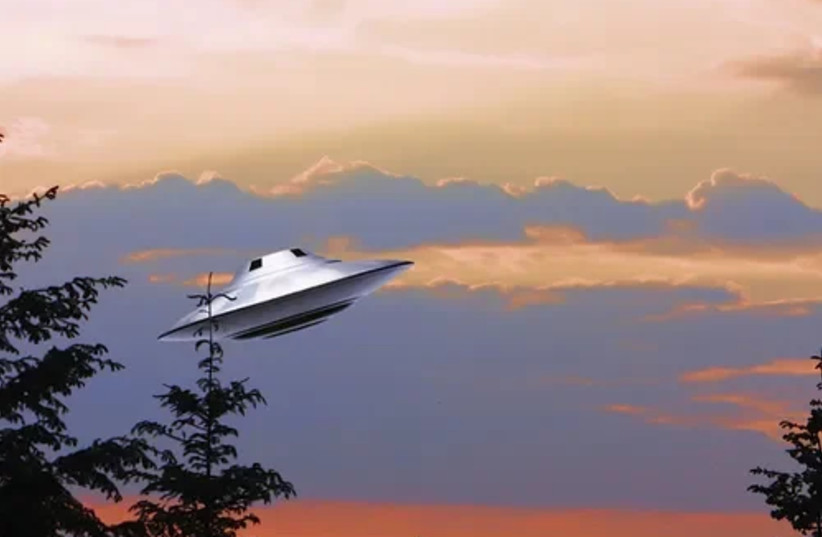Pentagon officials wrote in a document released earlier this month that it is entirely possible that aliens are visiting our solar system and releasing tiny probes to perform small-scale reconnaissance missions like the ones the National Aeronautics and Space Administration (NASA) conducts on other planets.
The report, authored by Dr. Sean Kirkpatrick, the director of the US Department of Defense's All-domain Anomaly Resolution Office (AARO) and Avi Loeb, former chair of Harvard University's Department of Astronomy, was published on March 7 and focuses on the physical constraints of unidentified aerial phenomena.
They explained that extraterrestrials may be exploring our solar system using what they call "dandelion seeds." These are very small spacecraft that can collect and transmit information, similar to NASA's probes.
"An artificial object carried on a small aircraft that will release several small tracking devices may visit or has already visited earth," the authors wrote. "The aircraft can rely on the gravitational force of the sun, or move on its own."
NASA's search for alien probes
In 2022, Congress tasked NASA with locating at least 90 percent of foreign objects that pass close to Earth and are larger than 140 meters. Such objects can be detected using telescopes known as Pan-STARRS- Panoramic Survey Telescope and Rapid Response System, which is located in Hawai'i.

In October 2017, these telescopes detected an unidentified body nicknamed "Oumuamua," a Hawai'ian word for "a messenger from afar arriving first." The object was cylindrical and believed by some to by artificial. The March 7 report claims that six months before the appearance of "Oumuamua," an object approximately one meter in length collided with the Earth.
NASA is reportedly concerned about such small objects as they are very difficult to detect. The recent report explained that such objects could likely reach Earth without being detected by astronomers as they would be too small to reflect enough sunlight to see them with most of NASA's telescope technology.
"All these [potential spy devices] could be equipped with a parachute with a large area-to-mass ratio, slowing their entry to Earth's atmosphere," wrote the report authors. "This would prevent [the device from catching on] fire and [allow them] to pursue their targets wherever they land."
The authors postulate that aliens likely want to explore rocky planets with liquid water. They also note that any alien civilization that sends probes our way may no longer exist at all. Most of the stars in the galaxy were formed billions of years before our sun. A habitable planet with intelligent life could have sent these spy devices long before the Earth was formed and they may have since died out.
